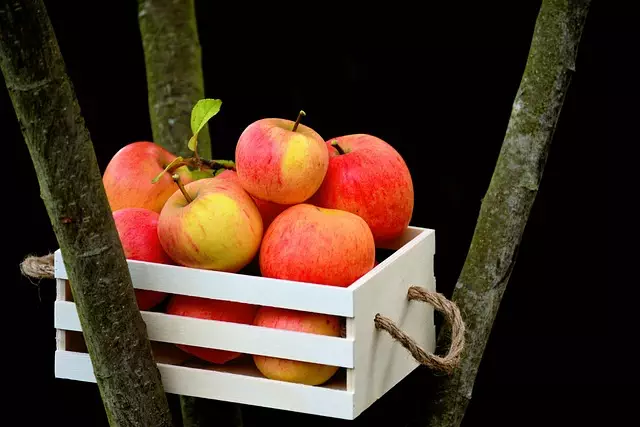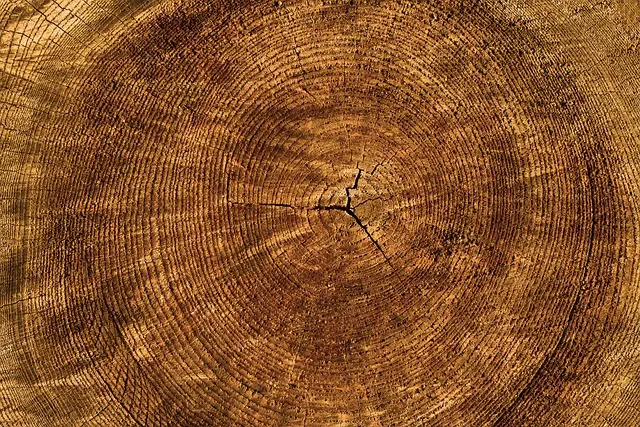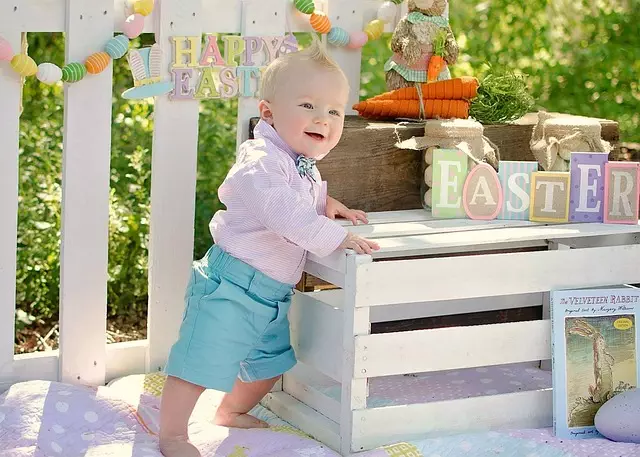The packaging industry is shifting towards sustainability with Expanded Polypropylene (EPP) molded foam as a game-changer. This eco-friendly alternative to traditional wood crates from Holland, Ohio, and heavy-duty options offers superior impact resistance and lightweight design. EPP's customizability, lower carbon footprint, recyclability, and shock absorption make it ideal for diverse industries, promoting a greener supply chain while ensuring safe product transport.
“Discover the future of sustainable packaging with multi-use EPP molded foam and its significant role in shaping an eco-conscious industry. In this article, we explore innovative solutions through ‘The Rise of EPP Molded Foam Packaging: A Sustainable Alternative’, comparing it to traditional methods.
For specialized needs, ‘Professional Wood Crate Manufacturing’ highlights the art of crafting custom heavy-duty wooden crates in Holland, Ohio, catering to diverse industries. Uncover the versatile potential of EPP foam in various applications, ensuring optimal product protection. Join us as we delve into these cutting-edge packaging options.”
- The Rise of EPP Molded Foam Packaging: A Sustainable Alternative
- – Exploring the environmental benefits of Expanded Polypropylene (EPP) foam
- – Comparison with traditional packaging materials
The Rise of EPP Molded Foam Packaging: A Sustainable Alternative
In recent years, the packaging industry has witnessed a significant shift towards more sustainable and eco-friendly solutions, and at the forefront of this movement is EPP molded foam packaging. This innovative material is revolutionizing the way we protect and transport goods, offering a compelling alternative to traditional methods like custom wood crates from Holland, Ohio. With its exceptional impact resistance and lightweight design, EPP foam provides an ideal solution for businesses seeking both protection and cost-efficiency.
EPP molded foam, known for its versatility, can be customized into various shapes and sizes, catering to the unique needs of different industries. From delicate electronics to heavy machinery, this packaging material ensures products arrive safely without the need for bulky, resource-intensive containers like heavy-duty wooden crates. Its manufacturing process is also environmentally friendly, contributing to a greener supply chain—a significant advantage in today’s market where professional wood crate manufacturing is evolving to meet sustainability standards.
– Exploring the environmental benefits of Expanded Polypropylene (EPP) foam
Expanded Polypropylene (EPP) foam is an eco-friendly packaging material that offers significant environmental advantages over traditional options. One of its key benefits is sustainability, as EPP is made from polypropylene, a type of plastic derived from renewable resources. This means that it has a lower carbon footprint compared to other plastics and can be recycled multiple times, contributing to a circular economy.
When comparing custom wood crates Holland Ohio with heavy-duty wooden crates, EPP foam stands out for its lightweight yet robust properties. It provides excellent shock absorption and protection during transit, reducing the need for excessive packaging material. This is especially relevant in professional wood crate manufacturing, where minimizing waste and maximizing resource efficiency are primary concerns. By choosing EPP foam, manufacturers can create sustainable solutions for shipping sensitive and bulky items while ensuring product integrity.
– Comparison with traditional packaging materials
In comparison to traditional packaging materials like custom wood crates from Holland, Ohio, or even heavy-duty wooden crates produced by professional manufacturers, molded foam packaging offers a unique set of advantages. While wood crates are often relied upon for their sturdiness and customizability, they can be bulky, heavy, and prone to damage during transit. In contrast, EPP (Expanded Polypropylene) foam is lightweight yet incredibly strong, providing superior shock absorption without the weight penalty. This makes it ideal for protecting fragile or valuable items, whether it’s a delicate product arriving at a customer’s doorstep or heavy machinery being transported over long distances.
Moreover, professional wood crate manufacturing often involves significant waste and environmental impact due to the nature of wood processing. In contrast, EPP foam packaging is made from recycled materials and is itself fully recyclable, making it an eco-friendly alternative that reduces carbon footprint. This not only aligns with modern consumer preferences but also contributes to a more sustainable supply chain, particularly when compared to the resource-intensive production of custom wood crates.


